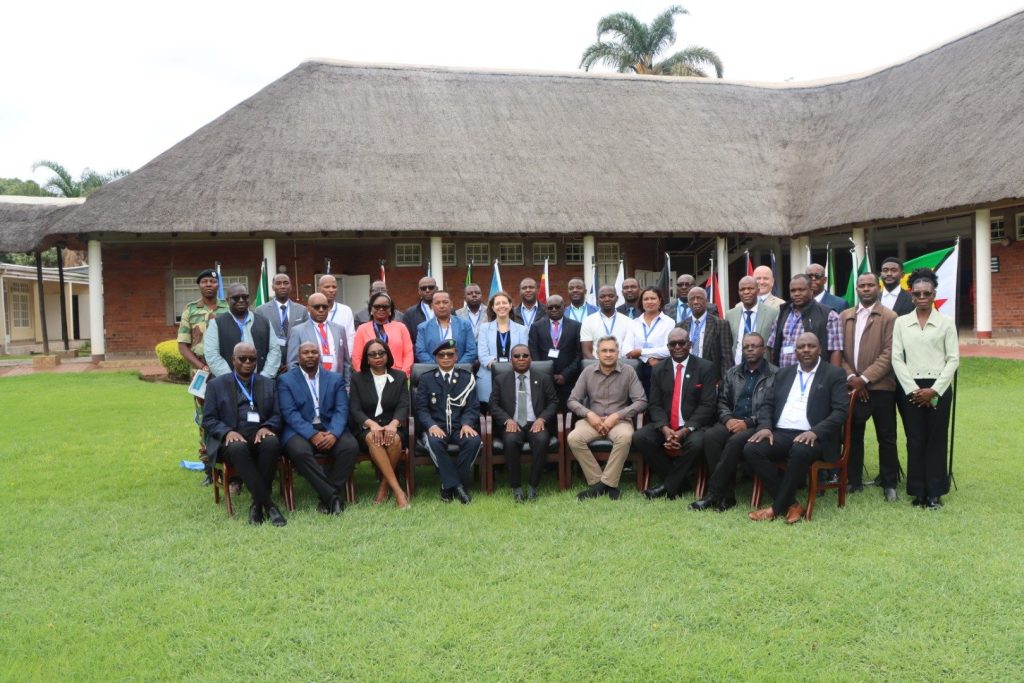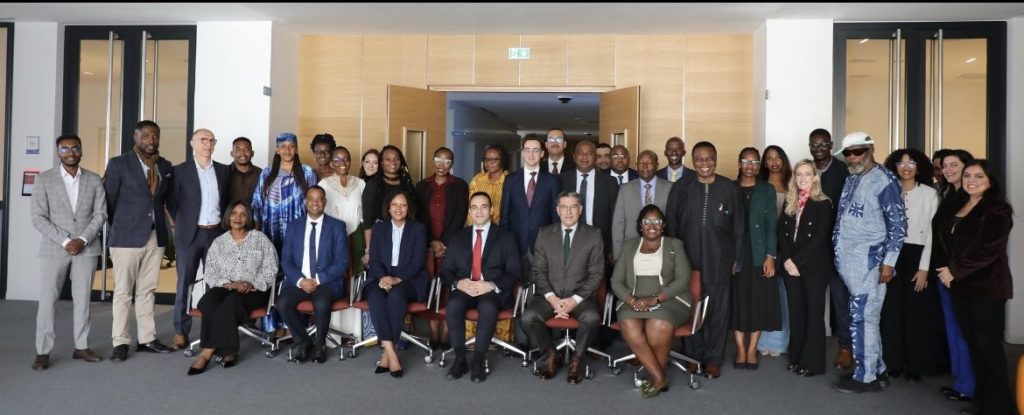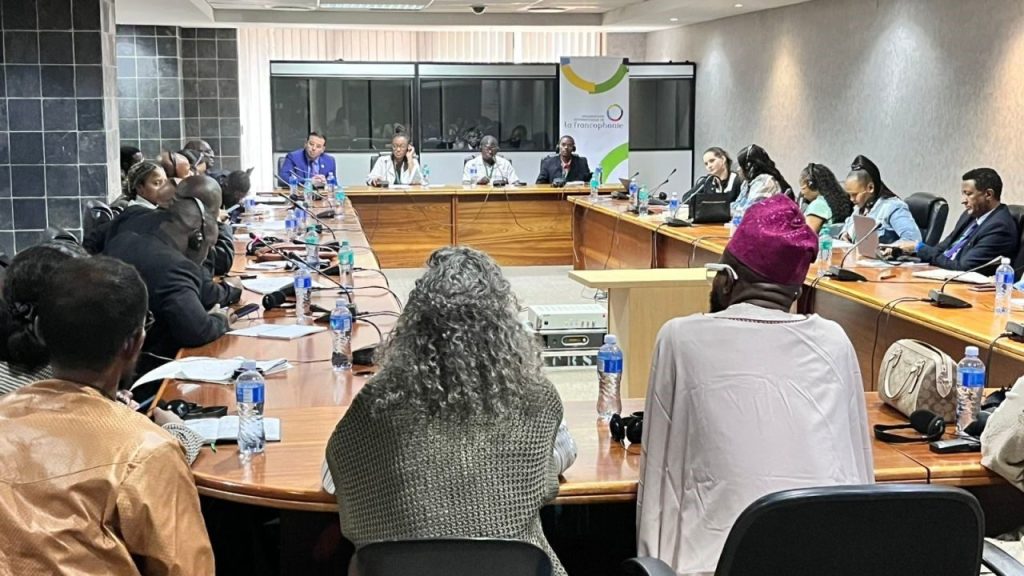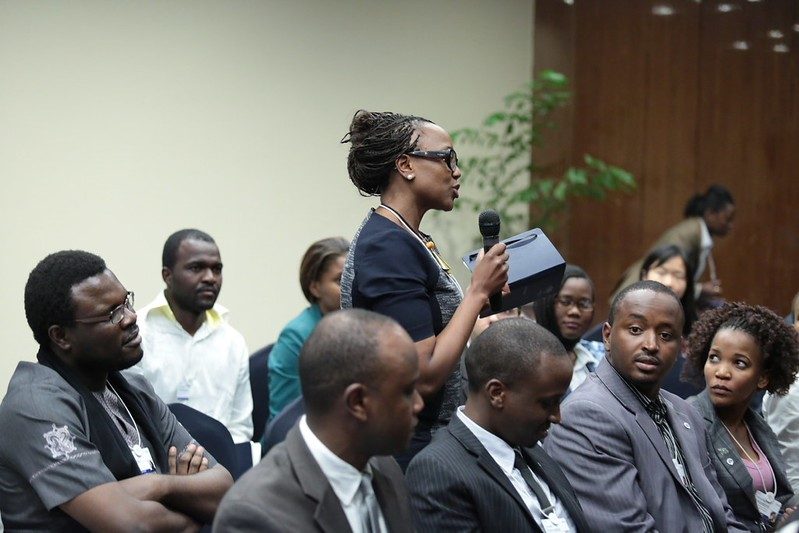The paper ‘Justice and peacebuilding in post-conflict situations: An argument for including gender analysis in a new post-conflict model’ examines different forms of justice employed in post-conflict situations, focussing specifically on Sierra Leone. Author Lesley Connolly outlines here how many of these approaches ultimately fail to address the concerns of some survivors, especially women.
Connolly examines Sierra Leone’s innovative post-conflict approach, which is comprised of both a transformative justice mechanism, the Sierra Leone Truth and Reconciliation Commission, and a criminal justice mechanism, the Special Court of Sierra Leone. These mechanisms were employed concurrently in the country within which the violations took place, and were the first post-conflict mechanisms of their type.
This paper illustrates the challenges and inadequacies of the application of this model in Sierra Leone, particularly the lack of justice for female survivors, and the gaps in addressing the root causes of the conflict. Both these flaws are not peculiar to Sierra Leone; they apply to many post-conflict situations. This points us to the need for a rethink of the traditional notion of ‘transformation’ in post-conflict societies.
Connolly suggests that a revised model be employed that would address some of these common shortcomings by utilising both retributive and reformative justice, as well as including elements of peacebuilding and social justice. This model aims to provide a more transformative approach to transitions to peace while examining the structural and everyday causes of violence and the roots of conflict, thus enhancing the chances of attaining sustainable peace in post-conflict countries. The main aim of employing a reformed model is to gain deeper understanding of what causes conflicts and how to target and transform the institutions which legitimise the perpetuation of these roots and causes, to prevent the potential of violence re-occurring.
This paper contributes to debates around post-conflict justice and the most effective means of overcoming issues of the past and promoting sustainable peace and development in African countries.
‘Justice and peacebuilding in post-conflict situations: An argument for including gender analysis in a new post-conflict model’ is published as part of ACCORD’s Occasional Paper Series. ACCORD’s Occasional Papers are intended to blend inter-disciplinary policy, practice and research on peace and security issues. The series is primarily aimed at stakeholders in the conflict resolution, peacebuilding, development and governance sectors and is an important platform for sharing new and evolving knowledge. Papers are disseminated to approximately 1,500 readers worldwide and can be downloaded free of charge from the ACCORD website.





